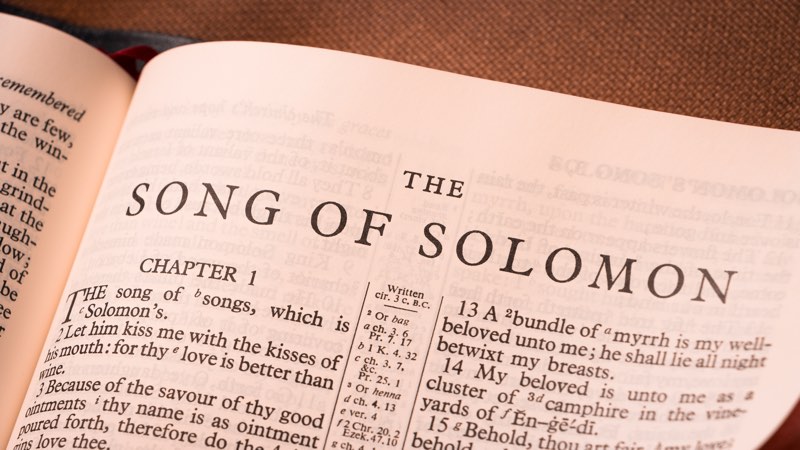The Song of Solomon
The Song of Solomon (also known as Shir HaShirim in Hebrew) is a biblical book that has been interpreted in various ways by renowned rabbis and scholars throughout Jewish history. One of the unique aspects of the Song of Solomon is the absence of explicit mention of God’s name, which has led to extensive commentary and discussion. Here are some key perspectives from renowned rabbis and Jewish commentators on this issue:
1. Rabbi Akiva (1st–2nd century CE)
Rabbi Akiva famously considered the Song of Solomon as the “Holy of Holies” among the biblical writings, meaning it is a deeply spiritual and sacred text. Despite the absence of God’s name, Rabbi Akiva argued that the book is a metaphor for the relationship between God and the people of Israel. The love described in the poem is symbolic of the covenantal love between God and Israel, where the deep bond between the lovers mirrors the divine connection between the Creator and His people. Thus, even though God’s name is not explicitly mentioned, the entire text is imbued with divine presence.
2. Rashi (1040–1105 CE)
Rashi, one of the most influential medieval Jewish commentators, also viewed the Song of Solomon allegorically. He believed the absence of God’s name was not significant, since the entire narrative is a metaphor for the relationship between God and Israel. Rashi explained that the lovers in the song are symbols of God (the male figure) and Israel (the female figure). The passionate love and yearning described throughout the text reflect Israel’s yearning for God during times of exile and redemption. Thus, Rashi interpreted the absence of God’s name as intentional, since the entire poem is a representation of the divine relationship.
3. Ibn Ezra (1089–1167 CE)
Ibn Ezra, another prominent medieval Jewish commentator, acknowledged the secular, even sensual, nature of the language in the Song of Solomon but, like Rashi, understood it allegorically. He commented that the absence of God’s name does not detract from the sanctity of the book. Rather, the metaphorical nature of the song, in which the lovers represent God and Israel, implicitly includes God throughout the entire narrative. The intense love and yearning reflect the soul’s desire for God, even without His name being overtly mentioned.
4. The Zohar (13th century CE)
The Zohar, the foundational text of Kabbalah, also offers a mystical interpretation of the Song of Solomon. The Zohar reads the song as a deep allegory of the divine union between different aspects of God’s emanations (the Sefirot) and the relationship between God and the Shekhinah (the feminine divine presence). The absence of God’s name in the text is seen as reflective of the hidden and mystical nature of the divine in the world. The love between the bride and groom represents the unification of divine aspects, and the song’s hidden meaning reveals the nature of spiritual love and connection.
5. Nachmanides (1194–1270 CE)
Nachmanides, also known as Ramban, embraced a mystical and allegorical approach to the Song of Solomon. He argued that the absence of God’s name emphasizes the hidden nature of the relationship being described. According to Nachmanides, the Song of Solomon describes not only the historical relationship between God and Israel but also a deeper, mystical connection between God and the world. The absence of God’s name can be seen as symbolizing the hiddenness of the divine in the material world, which is revealed only to those who are spiritually attuned.
Summary
In Jewish tradition, the absence of God’s name in the Song of Solomon is generally seen as a deliberate literary and theological choice. Rather than detracting from its sanctity, the absence of explicit references to God is often interpreted as enhancing the allegorical nature of the text, where the love between the human characters represents the divine relationship between God and Israel or between God and the soul. The entire text is viewed as imbued with spiritual meaning, despite (or perhaps because of) the lack of direct mention of God.

